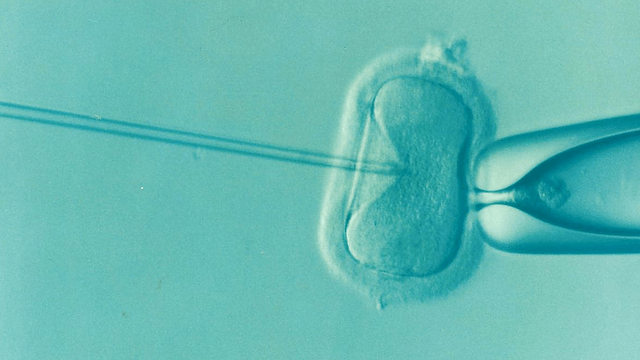ICSI Overview

If you’re facing male factor infertility or have had poor fertilization in a previous IVF cycle, Intracytoplasmic Sperm Injection (ICSI) could be the right next step for you. It’s an innovative way to control some of the variables that are in play at the time of fertilization, and can increase your chances for healthy embryos, producing healthy babies.
Conventional IVF
During conventional IVF, the egg is retrieved and placed in a culture dish with tens of thousands of sperm. Fertilization occurs when one of the sperm penetrates the egg naturally, by attaching to the outside and pushing through the cytoplasm. There are several reasons you may need to intervene during this process to ensure that a healthy embryo is produced.
Some of the fertility issues that can be helped by ICSI include:

Issues with the sperm:
- Too few sperm
- Sperm have unusual movement patterns
- They have trouble attaching and penetrating the egg
Issues with the egg:
- Previously frozen eggs or vitro-matured eggs are being used
- The eggs have thick or impenetrable outer membranes
- The eggs have previously not had successful fertilization
ICSI Procedure
The process of ICSI takes place after the egg and sperm are retrieved. The egg is placed in the culture dish and instead of being surrounded by sperm, a tiny needle is used to inject a single, healthy, high-quality sperm into the egg.
ICSI allows for a greater level of control over the health and quality of the sperm used for fertilization, and creates the opportunity for men with low sperm counts or sperm quality issues to become fathers. Call us to set up an appointment and see if ICSI is the right next step for you.





